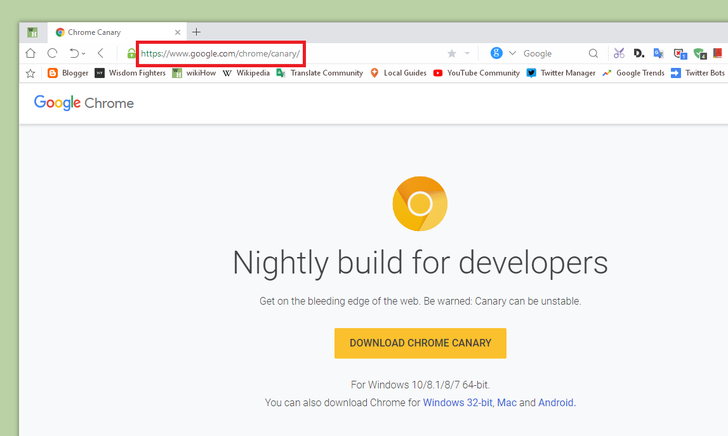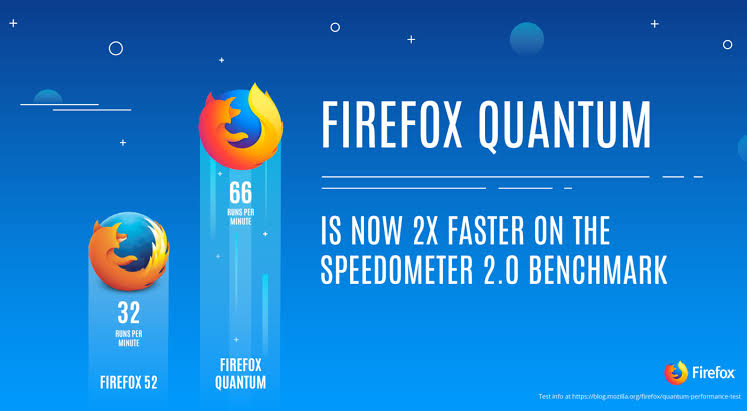Firefox and Google Chrome are two of the most popular and widely used browsers in the world. They’re both solid choices for browsing the web, with excellent add-on libraries, clean user interfaces and great performance.
Interestingly, Mozilla – the company behind the Firefox browser.
Highlights:

Google Chrome is considered a resource hog compared to Mozilla Firefox; we’ll look into it in the next section below
Mozilla Firefox is an open-source software browser while Google Chrome uses different tricks to provide users with a faster browsing experience
Folks say the speed of Chrome is better than Firefox as such, but Firefox Quantum has improved a lot
Firefox’s interface design makes using it slightly better to end-users
Google Chrome, on Windows 10, can cast the whole screen or one of the open tabs to different screens; the feature is not available in Firefox by default
There is no READ view in Google Chrome; Extensions are available, but users will have to search different extensions and experiment to see what suits them.
Security
With Firefox retaking the lead, it’s time to have a look at what kind of security each browser offers. We’ll be taking a look at pop-up and ad blockers — whether they’re built-in or available as extensions, safe browsing databases or unsecure connection warnings — and how well the browsers protect your login info, as well as their update frequency.
Firefox
Firefox comes with a built-in pop-up blocker, but no ad-block. However, you can choose from a multitude of options among the large library of Firefox add-ons, including some of our best pop-up blockers.
The browser uses Google’s safe browsing database to protect users against websites with known malicious content. This feature is turned on by default, which is good for security but bad for privacy. In addition, the browser receives frequent updates that download automatically.
Google Chrome
Many of the same things said above about Firefox are true for Google Chrome, as well. There’s a built-in pop-up blocker and plenty of third-party ad-blockers available in the Chrome webstore. Unsurprisingly, the browser also uses Google Safe Browsing to block malicious websites.
The warning you get when you use Chrome to connect to a website over a regular HTTP connection is clear and easy to notice. In addition, the browser receives frequent updates, usually every few days, which install without requiring user action. Chrome also protects your passwords well, requiring your device’s system credentials to access them.
User Interface

Mozilla has come a long way in redesigning its user interface else there was a time I couldn’t use the browser as it was pretty difficult to figure out how to locate bookmarks etc. All that is changed now. Google Chrome too has changed a lot in the past few years, but it still lacks ease of navigation. It has three vertical dots that open a menu to let users access other options and actions such as Casting any Chrome tab to TV or any other device. Same way, it has an option saying More Tools that contain some other features.
In other words, one has to search the extensive menu for getting work done in Google Chrome. There is no way to customize the looks of Chrome. With Firefox, everything is visible on screen, and it uses three bars to indicate the menu – which is more identifiable. Plus, the Customize option lets you arrange, add, remove, and rearrange screen components of Firefox browser so you can keep commands handy.
Privacy
It’s time to decide this competitive battle, and it all comes down to this final round on privacy. We’ll be looking at the track record and reliability of each company, their privacy policies and any built-in privacy features, like tracking protections, VPNs or proxies.
Firefox
Firefox is great with privacy. The company is a nonprofit and doesn’t derive any revenue from ads, which means it’s much easier to trust what Firefox says about protecting your data.
Mozilla’s privacy policy clearly lays out what information it collects and what it is or isn’t used for, as well as that it never sells or gives your data to third parties for any reason.
Google Chrome
Privacy is probably Chrome’s biggest weakness as a browser. Google is well known for collecting all the data it can on its users, and its entire business model is based on using that data to generate revenue through ads.
Summary
The main factors for adopting only one of these browsers depends upon how they are intended to use. Suppose a person uses multiple monitors and wants to cast different tabs to different monitors, the person will use Google Chrome rather than searching for a similar extension for Firefox. Similarly, if a YouTuber uses VIDIQ or some Chrome-only extension for analysis of videos, he or she will have to use Chrome. Otherwise, Firefox is easier to operate.
